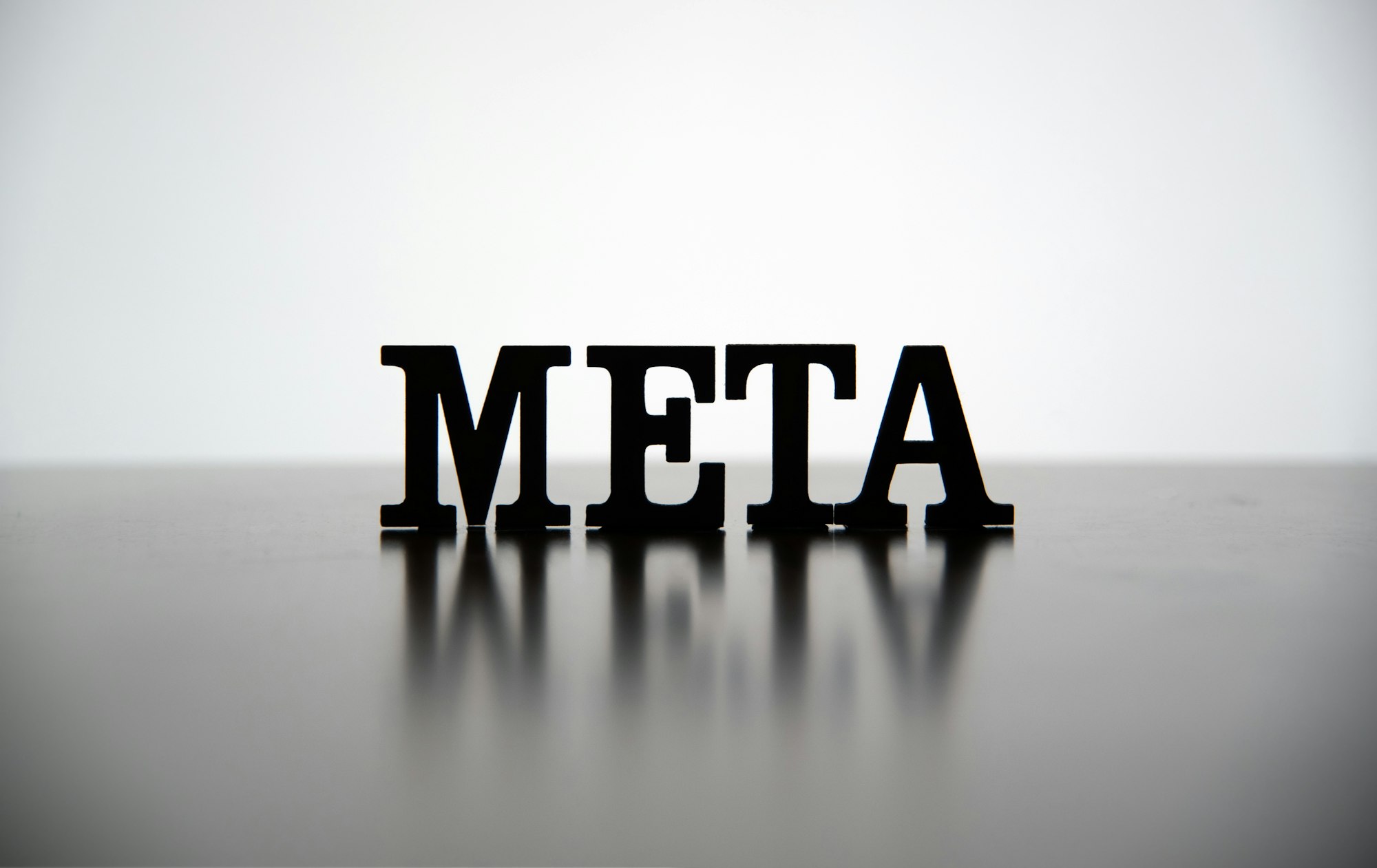Check Out Llama 3 and Its Instant Pic Creator
So, Meta just rolled out a sneak peek of its latest AI brainiac, Llama 3, and this fancy tool that can whip up images in real-time. They’re really pushing to get ahead in the AI race, going toe-to-toe with big names like OpenAI. With these new toys, Meta’s hoping to beef up its AI smarts and weave them into the Meta AI assistant.

What’s New and Where You’ll See It
Llama 3 is no ordinary update; it’s now smarter with computer code and, for the first time, it can also handle images alongside text. They’re planning to keep making it better, aiming for it to handle complex reasoning and create stuff that combines text and pictures. Expect to see Llama 3 show up across Meta’s biggest apps like Facebook, Instagram, WhatsApp, and Messenger, not to mention a brand-new site dedicated to it.
Going Global and Playing by the Rules
Meta’s not just keeping this within the US; they’re bringing Llama 3 to places like Australia, Canada, Singapore, Nigeria, and Pakistan. But, they’re treading carefully in Europe due to tough privacy rules and upcoming laws that demand clear info on how AI models like Llama 3 learn their stuff.
Teaming Up and Growing Bigger
In a cool twist, Meta’s teaming up with Google to mix real-time search results into the Meta AI assistant. This move, along with an earlier team-up with Microsoft’s Bing, is making Meta’s AI assistant a strong contender against others out there.
Taking Care with Data and Learning from the Past
Meta’s learned from some oopsies with Llama 2 and is being super careful with how it uses data and trains Llama 3. They’re pumping more data into this new version and using fake data to sharpen its smarts and fix any mix-ups in understanding language that happened before.
So, Meta’s dropping Llama 3 and its instant image-making magic into the AI arena. With these cool updates, strategic buddy-ups, and eyes on more of the world, Meta’s gearing up to give OpenAI and Google a run for their money in the AI game.

Frequently Asked Questions (FAQ) about Meta’s Llama 3 and Real-Time Image Generator
1. What is Llama 3?
Llama 3 is Meta’s latest large language model that’s designed to understand and generate human-like text. This new version not only excels in text generation but also brings in capabilities to process and generate images, which is a first for Meta. Llama 3 aims to be more integrated across Meta’s platforms including Facebook and Instagram, and to support complex tasks like multi-step reasoning with multimodal outputs—that is, outputs involving both text and images.
2. What’s new with the real-time image generator?
Alongside Llama 3, Meta introduced a real-time image generator that can create images instantly based on the descriptions it receives. This tool is part of Meta’s push to make its AI capabilities more dynamic and interactive, enhancing the creative possibilities within its applications and services.
3. How does Llama 3 differ from its predecessors?
Llama 3 has been enhanced with the ability to process not just text but also images, marking a significant step up from earlier models which were primarily text-based. Additionally, Meta has increased the data fed into Llama 3, including synthetic data, to improve its reasoning capabilities and reduce errors in language comprehension seen in previous iterations.
4. Where will Llama 3 be available?
Meta plans to deploy Llama 3 globally, extending beyond the US to include markets such as Australia, Canada, Singapore, Nigeria, and Pakistan. However, its release in European markets will be more cautious, adhering to strict privacy regulations and the forthcoming AI Act.
5. What are the benefits of Meta’s partnership with Google?
Meta’s new partnership with Google allows real-time search results to be integrated into the Meta AI assistant, significantly enhancing its utility. This collaboration aims to provide users with more accurate, timely, and relevant information responses from the assistant, leveraging Google’s robust search capabilities alongside Meta’s AI technology. This strategic move not only boosts the assistant’s functionality but also strengthens Meta’s position in the competitive AI market.
Sources The Guardian


